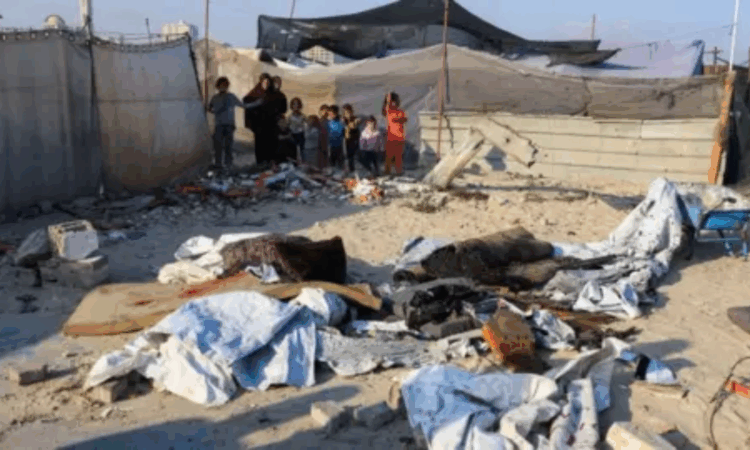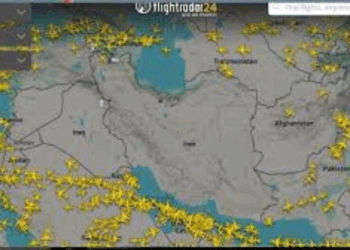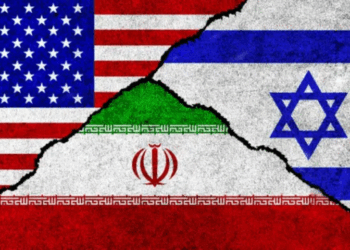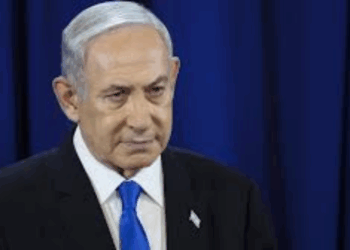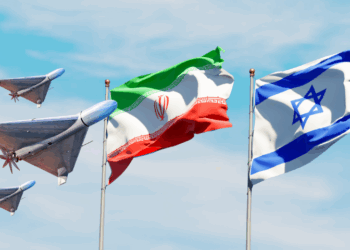United Nations, June 5, 2025: The United States has vetoed a United Nations Security Council (UNSC) resolution calling for an immediate, unconditional, and permanent ceasefire in Gaza, even as Israeli airstrikes killed at least 95 Palestinians and injured over 440 in the past 24 hours.
The U.S. was the sole vote against the resolution on Wednesday, while the remaining 14 members of the Security Council supported the measure. The draft also called for the release of Israeli captives held in Gaza, but Washington rejected it, claiming the ceasefire proposal lacked a clear link to hostage release efforts.
Acting U.S. Ambassador Dorothy Shea defended the veto, reiterating that Israel has the right to defend itself, including by eliminating Hamas. “This resolution was a non-starter,” she said. “Our position has been clear since the beginning of the conflict.”
The resolution, put forward by 10 Council members, faced stiff opposition from the U.S., despite growing calls from the international community for an end to the war. China’s Ambassador Fu Cong accused Israel of having “crossed every red line” of international humanitarian law, saying its actions “seriously violate” existing UN resolutions.
Commentators and diplomats warned that U.S. isolation on the issue is becoming more pronounced. “There is a gathering storm,” said Al Jazeera’s Marwan Bishara, pointing to the overwhelming global support for a ceasefire. “Only the U.S. stands in the way.”
Israeli airstrikes intensified across the Gaza Strip on Wednesday, with the worst-hit areas reported in central Gaza, including Deir el-Balah, according to Al Jazeera’s Tareq Abu Azzoum. The ongoing offensive has exacerbated an already catastrophic humanitarian situation.
At the al-Ahli Hospital, a doctor told reporters they had “no choice” but to continue working under fire. “There are simply too many wounded, and nowhere else for them to go,” he said.
Meanwhile, Israel’s military has issued stark warnings to starving Palestinians, declaring the roads leading to U.S.-backed aid distribution centers operated by the controversial Gaza Humanitarian Foundation (GHF) as “combat zones.” Aid operations were suspended for an entire day after multiple incidents in which Israeli forces opened fire on civilians seeking food.
Since the GHF began operating on May 27, Israeli troops have reportedly killed over 100 aid seekers. Eyewitnesses described panic and chaos as desperate civilians were fired upon while queuing for food. Graphic images have sparked global outrage, with scenes of emaciated Palestinians herded through cage-like lines before coming under fire.
The Israeli military admitted to shooting at aid seekers on Tuesday, claiming “suspects” deviated from approved routes. One victim, Reem al-Akhras, was mourned by her family in a Gaza hospital. Her son, Zain Zidan, wept: “She went to bring us some food—and this is what happened to her.” Her husband called the distribution centers “a trap, not humanitarian aid.”
The GHF’s operations—limited to just three distribution sites—have been sharply criticised by humanitarian organisations for failing to meet international standards. Critics warn that the use of private U.S. security and logistics personnel has militarised aid, further endangering civilians.
Ahead of the vote, UN aid chief Tom Fletcher called for unfettered humanitarian access: “Open the crossings—all of them. Let in lifesaving aid at scale. Lift restrictions. Ensure our convoys are not delayed or denied,” he urged.
The UN has long blamed Israel’s blockade and internal chaos in Gaza for obstructing aid delivery. While Israel accuses Hamas of stealing aid, the World Food Programme says it has found no evidence to support those claims.
UNICEF spokesperson James Elder, reporting from al-Mawasi, described scenes of desperation and malnutrition: “I’m seeing teenage boys in tears, showing me their ribs. Children are begging for food,” he said. Hospitals and shelters, he added, are overwhelmed with malnourished children and wounded civilians.
This week’s vote marked the 15th Security Council resolution on Gaza since the war began in October 2023, and the first since November 2024. Only four resolutions have been adopted.
Hamas is still believed to be holding 58 captives, about a third of whom are presumed alive. Most others were released during previous short-lived truces.
Since the start of Israel’s offensive, Gaza’s Health Ministry reports over 54,000 Palestinians—mostly women and children—have been killed.


